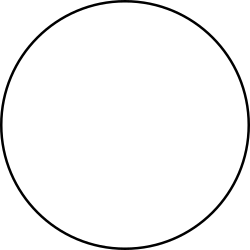 Global Information
Global InformationLists of planets information
These are lists of planets. A planet is a large, rounded astronomical body that is neither a star nor its remnant. The best available theory of planet formation is the nebular hypothesis, which posits that an interstellar cloud collapses out of a nebula to create a young protostar orbited by a protoplanetary disk. There are eight planets within the Solar System; planets outside of the solar system are also known as exoplanets.

As of 25 April 2024, there are 5,616 confirmed exoplanets in 4,174 planetary systems, with 948 systems having more than one planet.[1] Most of these were discovered by the Kepler space telescope. There are an additional 1,982 potential exoplanets from Kepler's first mission yet to be confirmed, as well as 977 from its "Second Light" mission and 4,616 from the Transiting Exoplanet Survey Satellite (TESS) mission.[2]
- Transit: 4,171 (74.3%)
- Radial velocity: 1,089 (19.4%)
- Microlensing: 214 (3.8%)
- Direct imaging: 69 (1.2%)
- Transit-timing variation: 29 (0.5%)
- Eclipse timing variation: 17 (0.3%)
- Orbital brightness modulation: 9 (0.2%)
- Pulsar timing variation: 8 (0.1%)
- Astrometry: 3 (0.1%)
- Pulsation timing variation: 2 (0.0%)
- Disk kinematics: 1 (0.0%)
- ^ "Exoplanet and Candidate Statistics". NASA Exoplanet Archive. Retrieved 25 April 2024.
- ^ a b Cite error: The named reference
NASA Counts Detailwas invoked but never defined (see the help page).
